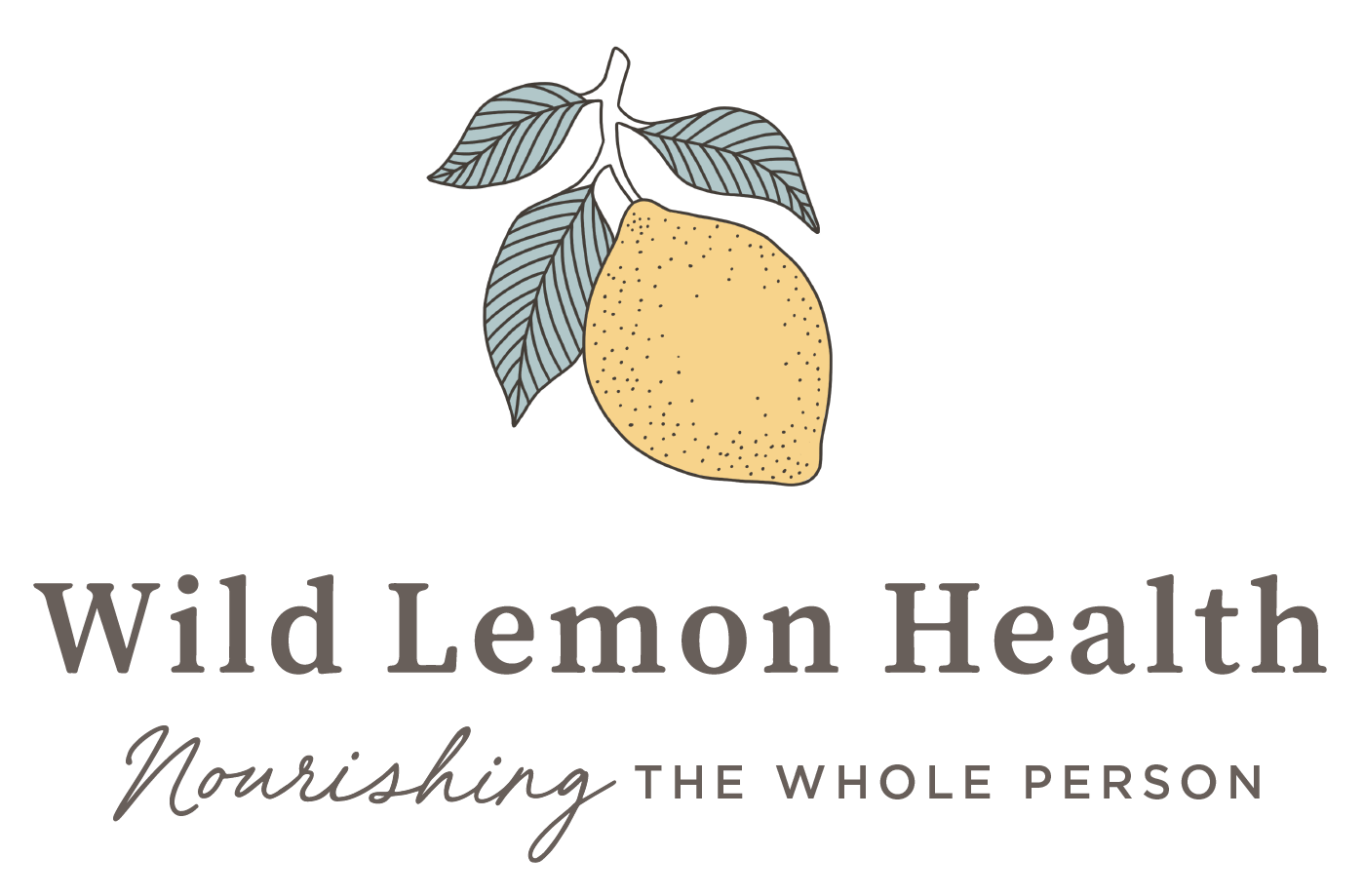Anxiety and gut health
We’ve all been there: butterflies in our stomach or feeling a pit in our stomach. The connection between gut health and anxiety is infused in our language.
Yet, often when we think about addressing anxiety we think the brain not the gut.
But what’s going on for us digestively is intricately related to our level of worry and anxiety. In short, disrupted gut health, more specifically imbalanced gut flora, is affecting brain health.
An anxious gut = an anxious brain.
We’ve learned through mouse studies that changes in gut flora influence symptoms of anxiety. For example, researchers have found that germ free mice have bigger and more hyperactive amygdalae. Our amygdala is a deep surveillance tool of the brain. A primal way of sensing safety. So, one that is big and overactive is an alarm system in overdrive.
In 2018, a human study found that people with Generalized Anxiety Disorders (GAD) had different gut bacteria than their healthy counterparts. Their guts had less bacteria and less diversity. This study, although small and not a randomized control trial, “suggests that targeting the microbiome may be a useful therapeutic and preventive target for GAD.”
Interestingly, in 2019, a study saw a relationship between certain strains of bacteria and remission of anxiety. On the flip side, they found that certain overgrowths led to higher severity of anxiety. It was a small study and the research would need to be expanded upon, but it helps further establish a strong connection between gut health and anxiety.
So, what can you do to help calm an anxious gut-mind?
Take stock of your diet. Are you feeding good gut bugs?
A diet high in fruits and vegetables and fiber will help curb inflammation and foster healthy gut flora. Berries, legumes, and avocados are great fiber sources.
Eat fermented foods: fermented vegetables are a great way to introduce live beneficial bacteria to the gut. Try kimchi, sauerkraut. I really like the Wild Brine line which offers raw fermented foods in a variety of combos and flavors.
Try some herbal support:
Curcumin: 3 studies have found that the anti inflammatory support of curcumin helps reduce anxiety.
Lavender: a wonderful calming herb, lavender can help reduce anxiety. It can be used as an essential oil. I like to do 5-10 drops on a washcloth and run under the hot water for a relaxing steam. It can be used as a tea or tincture as well. Also, it can be taken as a supplement, but do check with your own practitioner.


